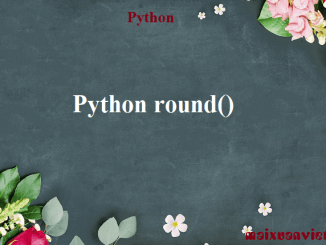
Python round()
In this tutorial, we will learn about the Python round() function with the help of examples. The round() function returns a floating-point number rounded to the specified […]

In this tutorial, we will learn about the Python round() function with the help of examples. The round() function returns a floating-point number rounded to the specified […]
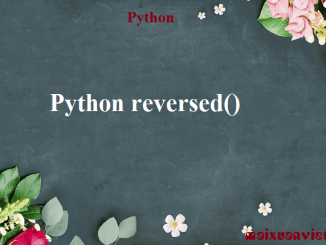
The reversed() function returns the reversed iterator of the given sequence. The syntax of reversed() is: 1. reversed() Parameters The reversed() function takes a single parameter: seq – the sequence […]
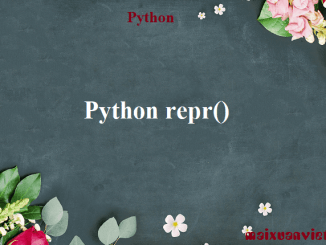
In this tutorial, we will learn about the Python repr() function with the help of examples. The repr() function returns a printable representation of the given object. […]
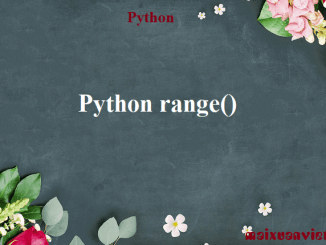
In this tutorial, we will learn about the Python range() method with the help of examples. The range() method returns an immutable sequence of numbers between the […]
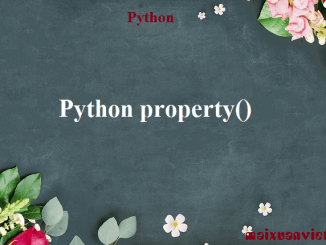
The property() construct returns the property attribute. The syntax of property() is: Recommended Reading: Python @property: How to Use it and Why? 1. property() Parameters The property() takes four optional […]
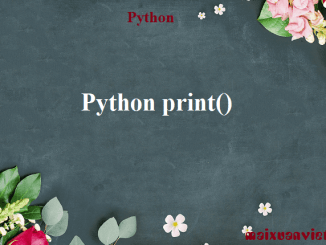
In this tutorial, we will learn about the Python print() function with the help of examples. The print() function prints the given object to the standard output […]
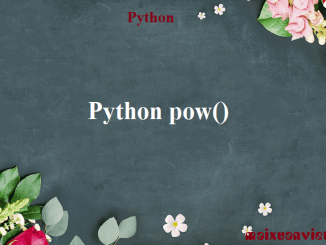
The pow() function returns the power of a number. The syntax of pow() is: 1. pow() Parameters The pow() function takes three parameters: x – a number, the base y – […]
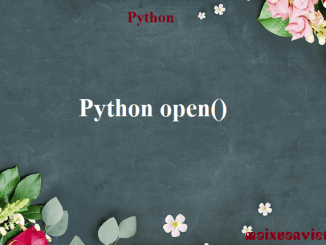
The open() function opens the file (if possible) and returns the corresponding file object. The syntax of open() is: 1. open() Parameters file – path-like object (representing a […]
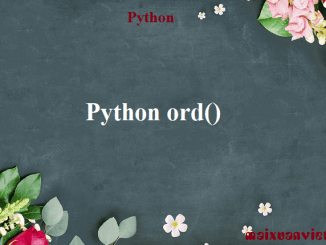
In this tutorial, we will learn about the Python ord() function with the help of examples. The ord() function returns an integer representing the Unicode character. Example […]
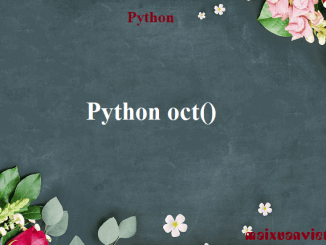
The oct() function takes an integer number and returns its octal representation. The syntax of oct() is: 1. oct() Parameters The oct() function takes a single parameter x. This parameter […]
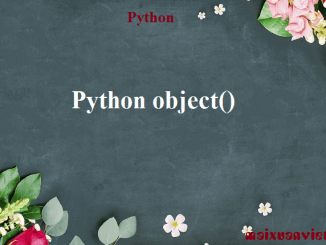
The object() function returns a featureless object which is a base for all classes. The syntax of object() is: 1. object() Parameters The object() function doesn’t accept any parameters. […]

The memoryview() function returns a memory view object of the given argument. Before we get into what memory views are, we need to first understand […]
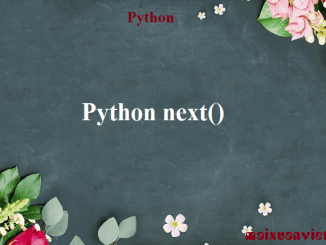
In this tutorial, we will learn about the Python next() function with the help of examples. The next() function returns the next item from the iterator. Example […]
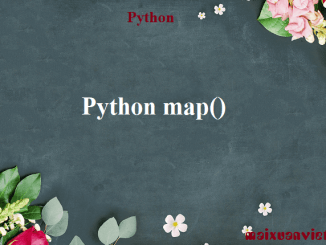
The map() function applies a given function to each item of an iterable (list, tuple etc.) and returns a list of the results. The syntax […]
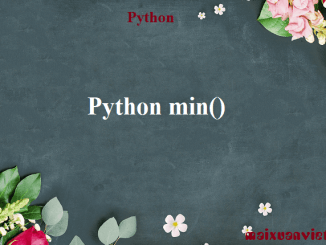
In this tutorial, we will learn about the Python min() function with the help of examples. The min() function returns the smallest item in an iterable. It […]
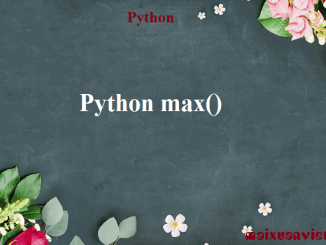
In this tutorial, we will learn about the Python max() function with the help of examples. The max() function returns the largest item in an iterable. It […]
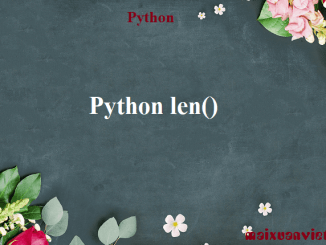
In this tutorial, we will learn about the Python len() function with the help of examples. The len() function returns the number of items (length) in an […]
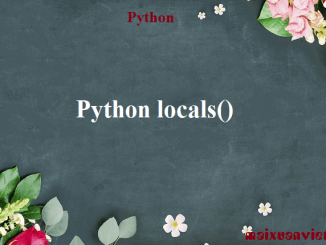
The locals() method updates and returns a dictionary of the current local symbol table. A symbol table is a data structure maintained by a compiler […]
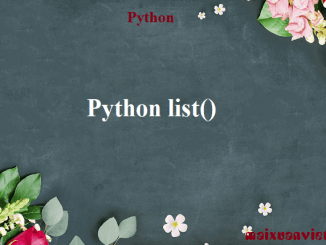
In this tutorial, we will learn about the Python list() constructor with the help of examples. The list() constructor returns a list in Python. Example 1. list() […]
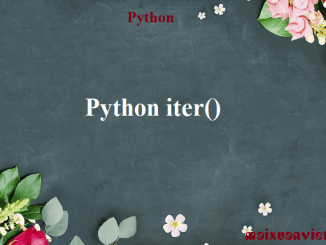
The Python iter() function returns an iterator for the given object. The iter() function creates an object which can be iterated one element at a time. These […]
